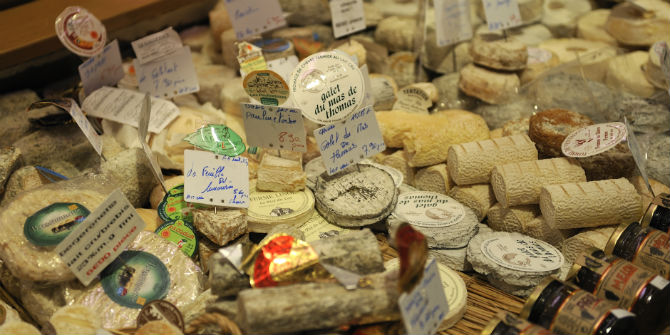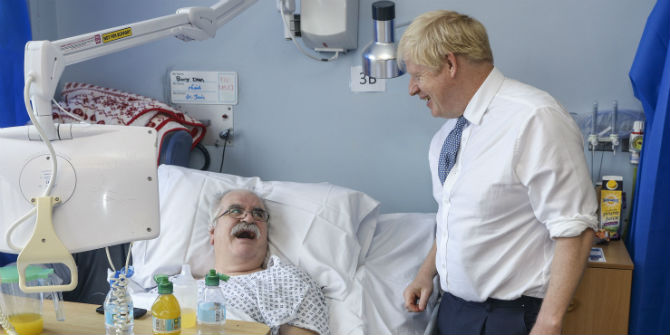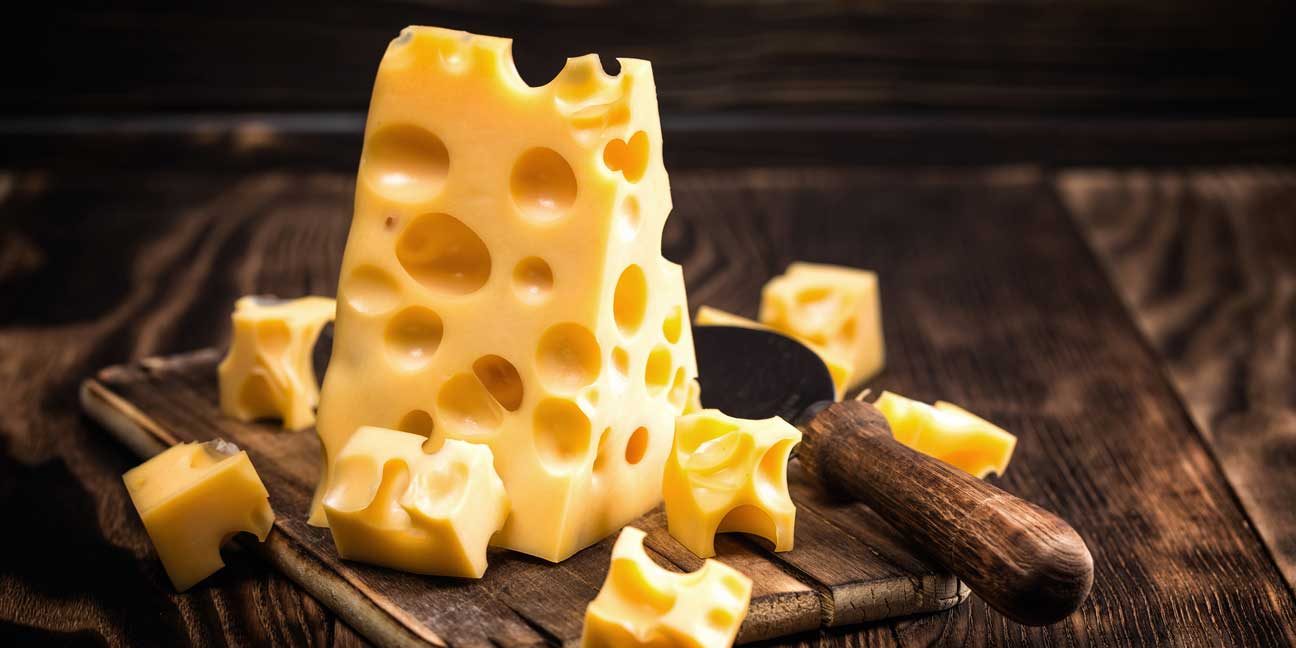 The government has announced it will cut many tariffs to zero in the event of a no-deal Brexit. Edgar Morgenroth (Dublin City University) explains why it is so keen to avert the economic blow that reverting to WTO tariffs would deal to the UK economy. It would be over four and a half times worse for the UK than the EU on average.
The government has announced it will cut many tariffs to zero in the event of a no-deal Brexit. Edgar Morgenroth (Dublin City University) explains why it is so keen to avert the economic blow that reverting to WTO tariffs would deal to the UK economy. It would be over four and a half times worse for the UK than the EU on average.
The UK is now due to leave the EU on 12 April, and there is no guarantee that the EU will grant a long extension under Article 50 – nor that the UK will be able to agree on a deal. So a no-deal Brexit is still entirely possible.

A no-deal Brexit – like one with a Withdrawal Agreement but no subsequent trade agreement – would result in the UK becoming a so-called third country with respect to imports into the EU. Where third countries have no trade agreement with the EU, their merchandise imports into the EU become subject to the tariff schedule that the EU has registered with the World Trade Organisation (WTO) – what is generally referred to as WTO tariffs in the context of the Brexit debate.
With such a scenario now more likely, it is worth asking what the effect of the imposition of tariffs would have. A simple way to carry out such an analysis is to take the existing trade and apply the tariffs to this. Assuming that the tariff is passed on to customers, and using estimates of the price sensitivity of demand, it is possible to estimate by how much trade would be affected.
Tariffs vary significantly across products, which is why it is important to do the analysis at a very detailed product level. Trade data is available for just over 5200 product lines and WTO tariffs are set down for this level of disaggregation. Many products would face no tariff at all, while in other cases the tariff could be as high as 80%. In particular, agricultural and food products are subject to high tariffs. Cars and car parts attract a tariff of around 7% while pharmaceuticals and chemicals are largely tariff-free. For the purposes of the analysis, it is assumed that the UK would apply the same tariff schedule. In practice it is likely that the UK would register its own schedule with the WTO, and the partial list of tariffs that have been published by the UK government indicate that these may be lower than those applied by the EU, which means that the approach taken here overestimates the effect on EU countries.
As a result of the heterogeneity of the tariffs, differences in price sensitivity across products and the different trade patterns between the UK and other EU Member States, a WTO arrangement would result in a differential impact on the different trade flows and across different sectors within each country. The data shows that while the UK accounts for less than 7% of EU exports, the EU accounts for just over 44% of UK exports (2015 data). This is important since, even though the UK has a trade surplus with the rest of the EU, the UK is far more dependent on the EU market than the EU on the UK market.
Accounting for trade patterns, the average tariff for EU exports to the UK would be approximately 4.1% while that for UK exports to the EU would be 5.7%. However, there are significant differences between flows. Exports from the UK to Luxembourg would face the lowest tariff (2%), while those to Ireland would face 11.7%. For exports from the EU to the UK, Ireland and Denmark would face tariffs in excess of 10%, which is explained by the importance of meat in their exports to the UK.
The effect of tariffs on actual trade depends significantly on the price sensitivity. This differs by product, and demand for some products which would not face a high tariff is very price sensitive. The trade impact is estimated by combining the tariffs, which are assumed to be passed through fully to prices, with the price elasticities. The estimates yield a reduction of EU exports to the UK by 30% and a reduction of UK exports to the EU by 22%. As noted above, the UK is far more reliant on the EU as an export market than the UK is on average for the EU.
The estimates vary significantly across countries. Exports from countries such as Cyprus, Latvia or Finland to the UK would see a modest fall of between 6% and 11%, while exports to the UK by Slovakia, Romania, Denmark, Spain and Belgium are estimated to fall by more than 35%. For UK exports to the EU, those to Cyprus, Hungary, Portugal, Ireland and Greece would be reduced by more than 27%. Of course the importance of these trade flows determines the effect on total trade of each country. Accounting for this changes the list of most affected EU countries. For example the estimated impact on Ireland is a reduction in total exports of 4.2%, while for the UK the biggest impact if for exports to Germany and Ireland (-2% and -1.5% respectively).
Importantly, total EU exports would be reduced by just over 2.1% while total UK exports would be reduced by just over 9.8%. This reflects the fact that for the UK, 27 individual trade flows are affected, while for each EU country it is just one trade flow that is affected – i.e. for the UK, the total impact is the sum of the reductions for 27 export flows to EU countries, while for the EU it is the average across the 27 export flows to the UK. Therefore the analysis shows that the effect of Brexit would be over four and a half times worse for the UK than the EU on average.
This post represents the views of the author and not those of the Brexit blog, nor the LSE. It is based on Lawless, M., and E. Morgenroth, 2019 “The product and sector level impact of a hard Brexit across the EU”, Journal of Contemporary Social Science, Vol 14(2).
Edgar Morgenroth is Professor of Economics at Dublin City University.







Simple question from one of the great unwashed: who gets to keep the money collected on trade tariffs? Does the UK keep the money its collects and the EU that which it collects?
Briefly, yes. Useful explainer here https://www.theguardian.com/politics/2019/mar/13/what-are-tariffs-and-how-do-they-affect-the-prices-consumers-pay